 “Waterbed” Fred Miller has
“Waterbed” Fred Miller has
watched his drag racing career come full circle in a matter of three decades.
The former wrench for Raymond Beadle’s Blue Max Funny Car has experienced
almost everything from serving as the bottom-end man on one of the sport’s most
famous Funny Cars to peddling John Force diecast cars to his latest foray into
marketing energy pills with Zantrex3.
It’s all good for Miller.
He’s got more “been there, done that” tales than the average three decade tour
veteran and that suits him well. Memories fuel the fires for a future.
The director of motorsports
for Zantrex3, the major sponsor for Dave Grubnic, prefers to live in the
present. But with a little prodding he’ll gladly spin those elusive yarns about
the legendary Blue Max, a nickname that is only equaled by the Chi-town
Hustler.
A career come
full circle; Fred Miller markets to the drag racing world
 “Waterbed” Fred Miller has
“Waterbed” Fred Miller has
watched his drag racing career come full circle in a matter of three decades.
The former wrench for Raymond Beadle’s Blue Max Funny Car has experienced
almost everything from serving as the bottom-end man on one of the sport’s most
famous Funny Cars to peddling John Force diecast cars to his latest foray into
marketing energy pills with Zantrex3.
It’s all good for Miller.
He’s got more “been there, done that” tales than the average three decade tour
veteran and that suits him well. Memories fuel the fires for a future.
The director of motorsports
for Zantrex3, the major sponsor for Dave Grubnic, prefers to live in the
present. But with a little prodding he’ll gladly spin those elusive yarns about
the legendary Blue Max, a nickname that is only equaled by the Chi-town
Hustler.
When you think about it,
Miller has seen a lot. In terms of the revolving-door crewmember scenario so
often seen today, Miller was different, remaining with Beadle until the end.
He’s survived by rolling with the punches.
“It’s kind of a full
circle and I’m sure I am one of the few still out here able to talk about those
good old days,” Miller said. “After 34 years, I am on the sponsor end of
things, which was the furthest thing from my mind when I started back in the
1970s.”
The end of the Blue Max
era came at a time when Miller realized he was burned out by drag racing. He
made the transition to NASCAR, all the while remaining under Beadle’s umbrella.
Beadle owned the 1989 championship car driven by Rusty Wallace.
 The diecast industry led
The diecast industry led
to his eventual return to the quarter-mile and sponsor relations keeps him
solidly in the game. That doesn’t mean that Miller doesn’t take a break from
the game every once in a while to peruse the pits. Those walks serve as a
constant reminder of just how far the sport has come.
“I love watching the
younger guys out here doing their jobs in the high tech environment we know
now,” Miller said. “I was glad to do it when I did in the era of the Prudhomme,
McEwen, Garlits and Shirley. It was a lot more fun back then. Today things are
centered on money, money and more money. It’s tough out here and it’s a
hardcore business. We used to make our money in those days match racing.
“We got paid more in three
runs than the national event paid. The first year I was with Raymond, we ran
105 dates. That should give you an idea just how grueling it was.”
“It was the glory days.
It’s tough and these cars are so tough. There are a lot of smart guys out here
now and there always have been. The fuel cars are like Pro Stock when you look
at the ladder. Before you could just make a run and you were in there. Those
days are gone.”
At least in reality, they
are history. They still burn bright when he recollects his first gig working
with Dale Emery on the Jeg’s Funny Car in 1973 and followed up with a stint with Billy Meyer.
a d v e r t i s e m e n t
Click to visit our sponsor’s website
 Meyer’s decision to chase
Meyer’s decision to chase
land speed competition may have opened the greatest opportunity for Miller. Out
of work, Miller contacted Harry Schmidt and Raymond Beadle about their new Blue
Max operation. They hired Miller and he remained with the team until the end in
1989.
Beadle’s NASCAR program
ended and once again, Miller was looking for work. If you’ve ever heard the
term, when one door closes another opens, you could effectively apply it to
Miller’s next career move.
“I was approached by Fred
Wagenthalls with this idea of putting a car in a blister pack with a trading
card under the name of Racing Champions,” Miller said. “They were going to sell
it wholesale. It looked like a good opportunity because I was through racing. I
got involved on the licensing end of things.”
Racing Champions
eventually traveled another direction in its marketing plan, leaving Miller
without a job. It didn’t take long before Wagenthalls reached Miller offering a
position in his new Action Collectibles property.
Miller had a severe case
of déjà vu when Bruton Smith purchased Action and once again saw the drag
racing end of the company parked for NASCAR.
 “I was out of a job
“I was out of a job
again,” Miller said. “That’s when I got a call from Jim Oberhofer and Shirley Muldowney
to discuss Basic Research and Zantrex3. They were looking to get into drag
racing. Zantrex3 needed someone to head up their motorsports program and Jon
and Shirley told them I was available. Bingo, here I am.”
Though he’s on the sponsor
side of things, Miller can’t help that his tuning intuitions arise from time to
time.
“I still pay attention to
the cars and I still like to keep an eye on them. I find myself looking at them
and speculating which direction I would go next round if I were the tuner.
Sometimes I get in a situation where I think I know more than the guys over
here and that is absurd. There are times I wish I didn’t know anything about
the car and I was just watching as a sponsor. I know just enough to get myself
in trouble. It’s great to be involved with a well-oiled team like the
Kalittas.”
The lure of tuning and the
lack of available tuners prompt second-guessing for Miller. After all,
according to Miller, it was the Blue Max gang that brought crew notoriety to
the forefront.
“The money factor is
tempting,” Miller said of the lure. “Back when we were racing, we were lucky
because we started the fad of crew getting attention and knowing our names.
When you looked at the Blue Max, you knew Dale Emery and Fred Miller. I always
wanted to ensure the crew guys got recognition.
“I was asked if I ever had
the desire to drive, but back in those days there were dozens of drivers and
cars and few to turn the wrenches. The drivers made very little money while the
crew guys did well for themselves. Why would I have wanted to forfeit a good
payday and burn myself to the ground? That part didn’t appeal to me. I am glad
to see the crew chiefs making the money today. Austin Coil and Alan Johnson
earn their big money because they are worth it.
“Those teams are nothing
without them. They might as well stay home. You and I might as well go run a
car because we could do as well as those teams without them. They are worth
every penny of it. Believe me.”










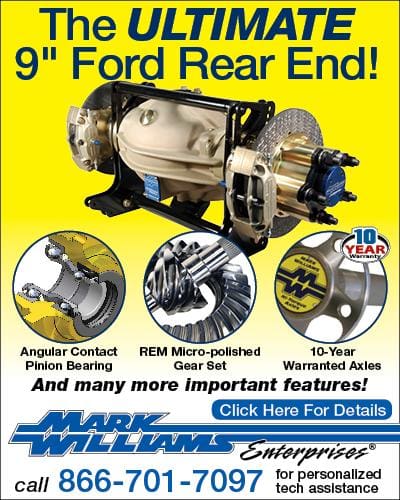
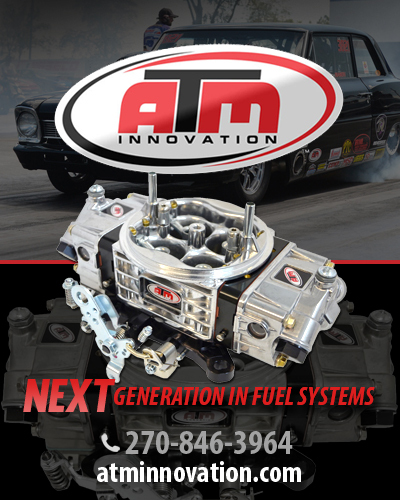



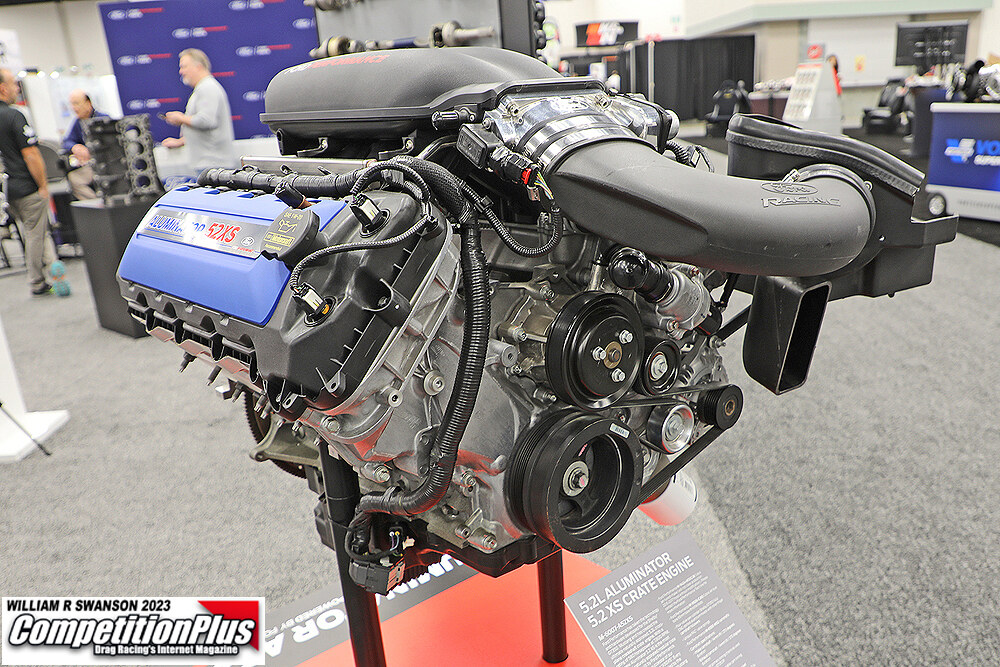

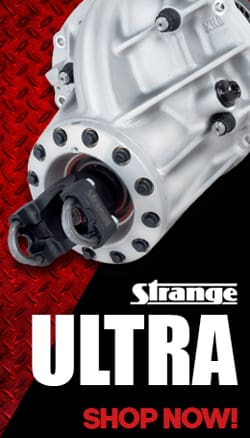

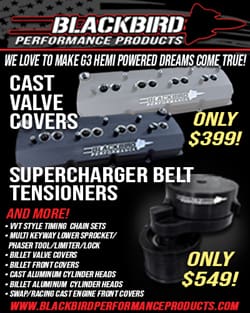

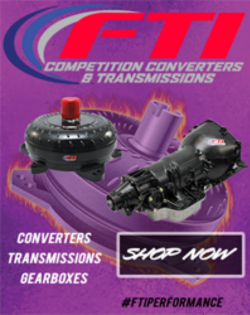




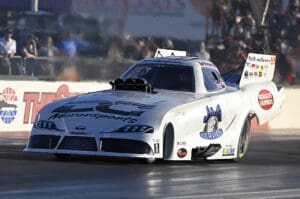
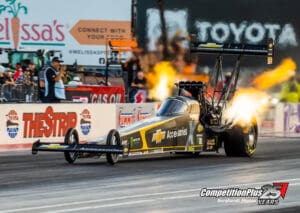
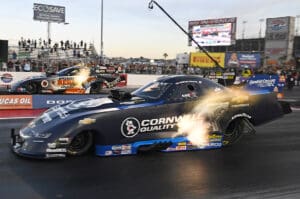
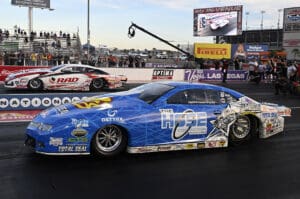

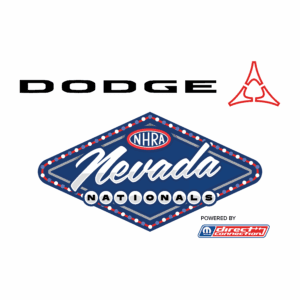

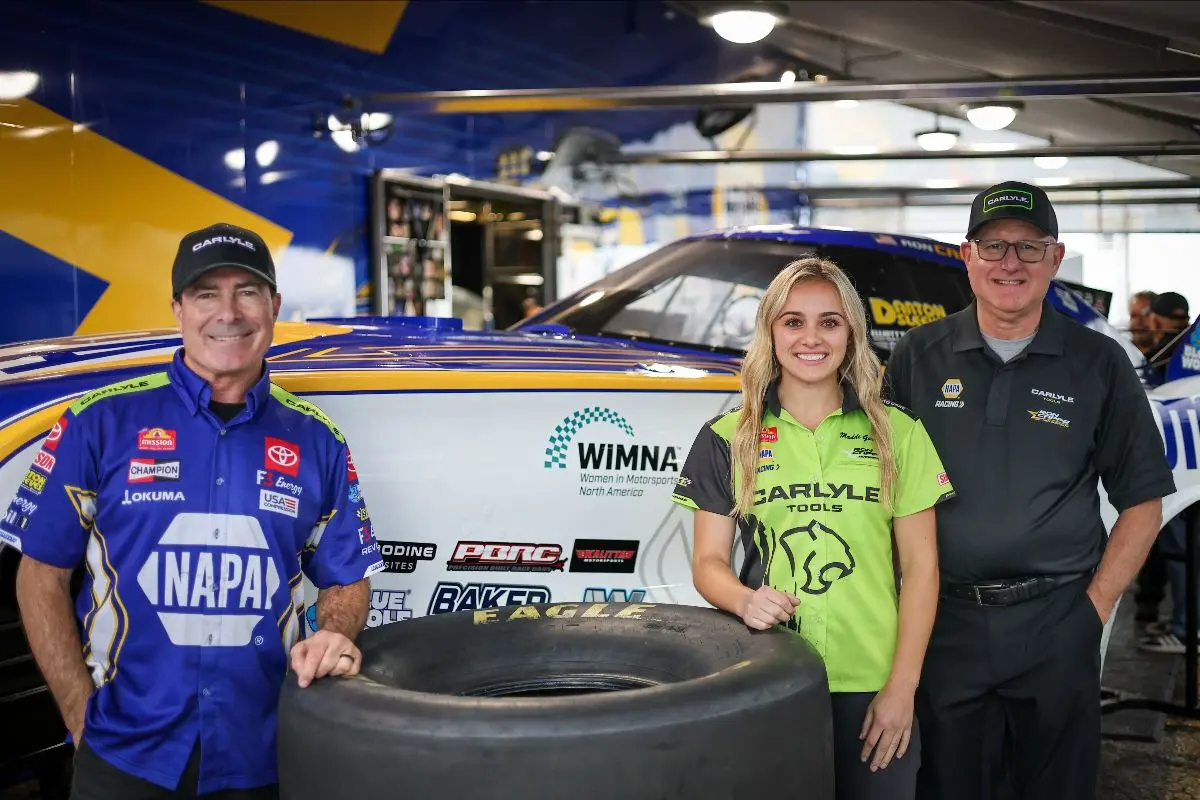
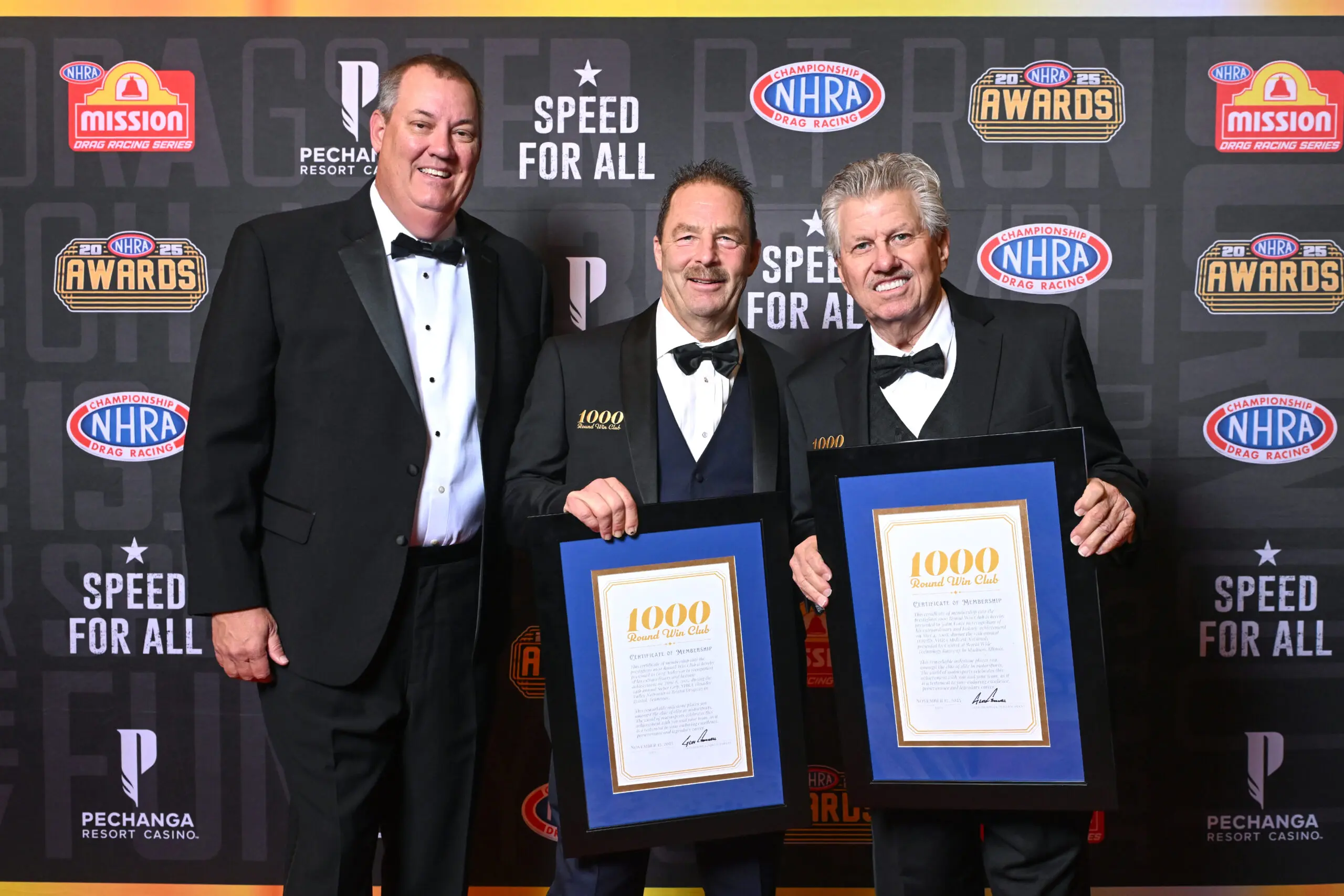
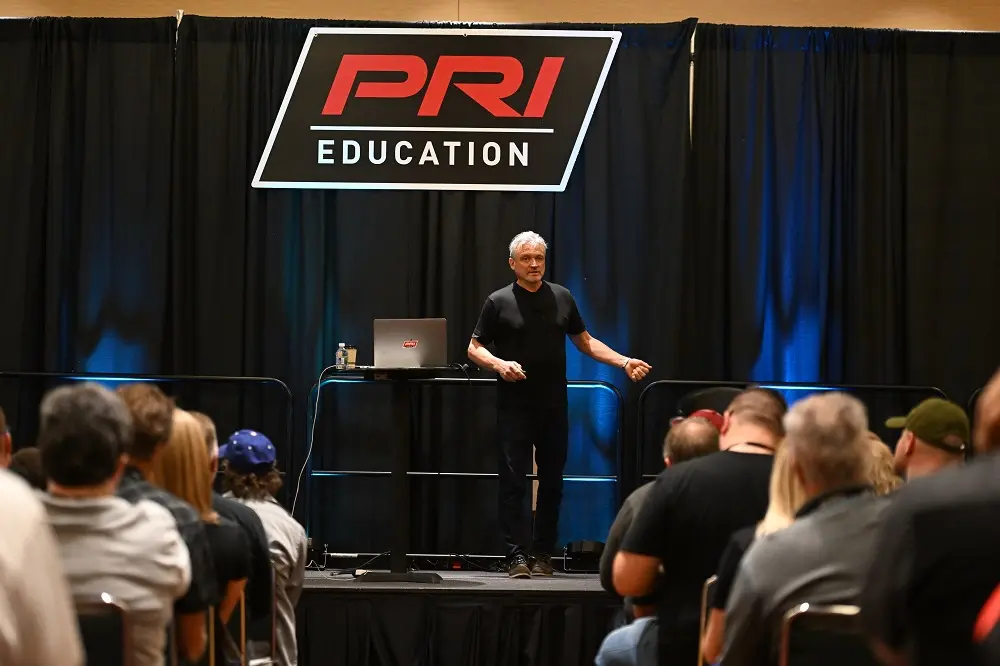
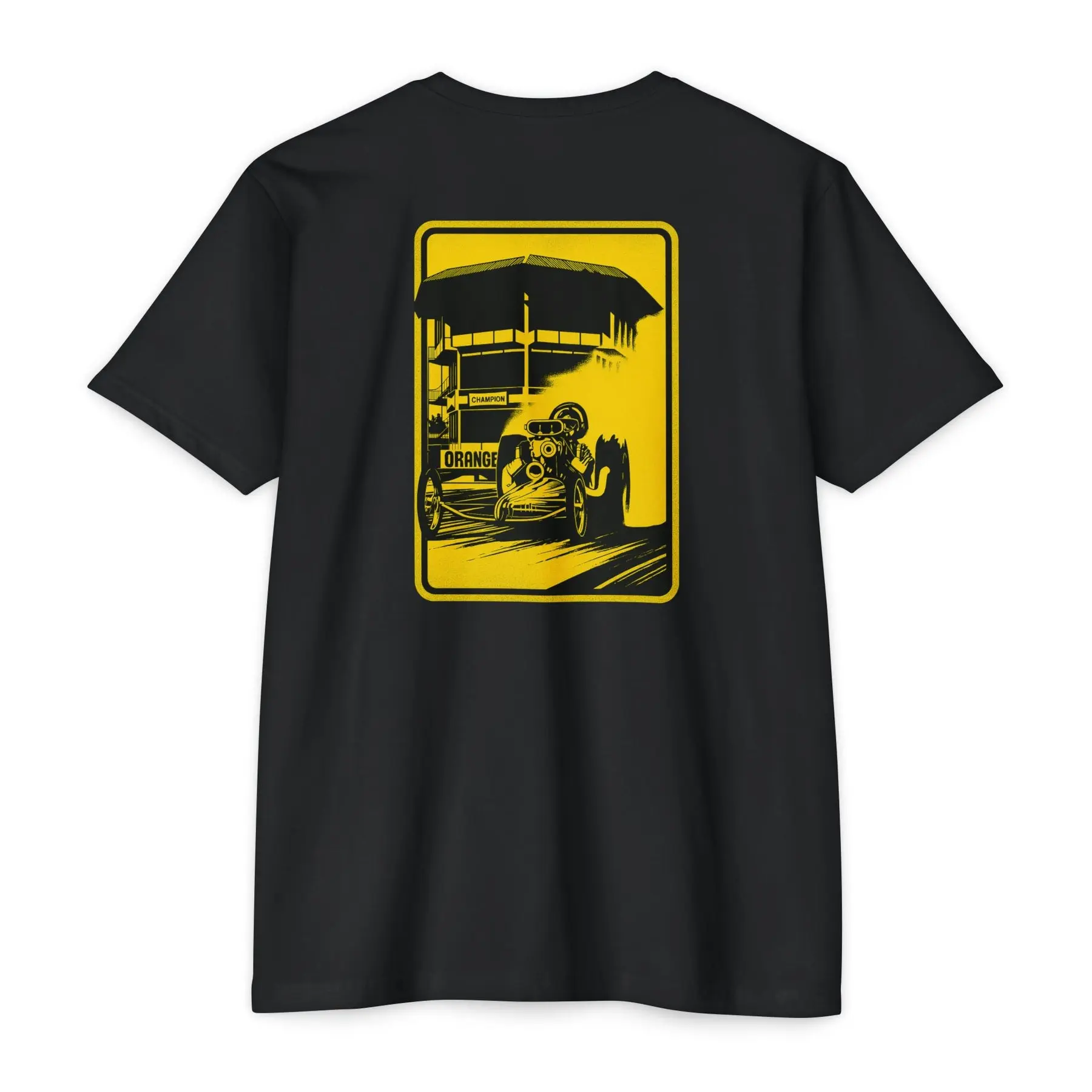
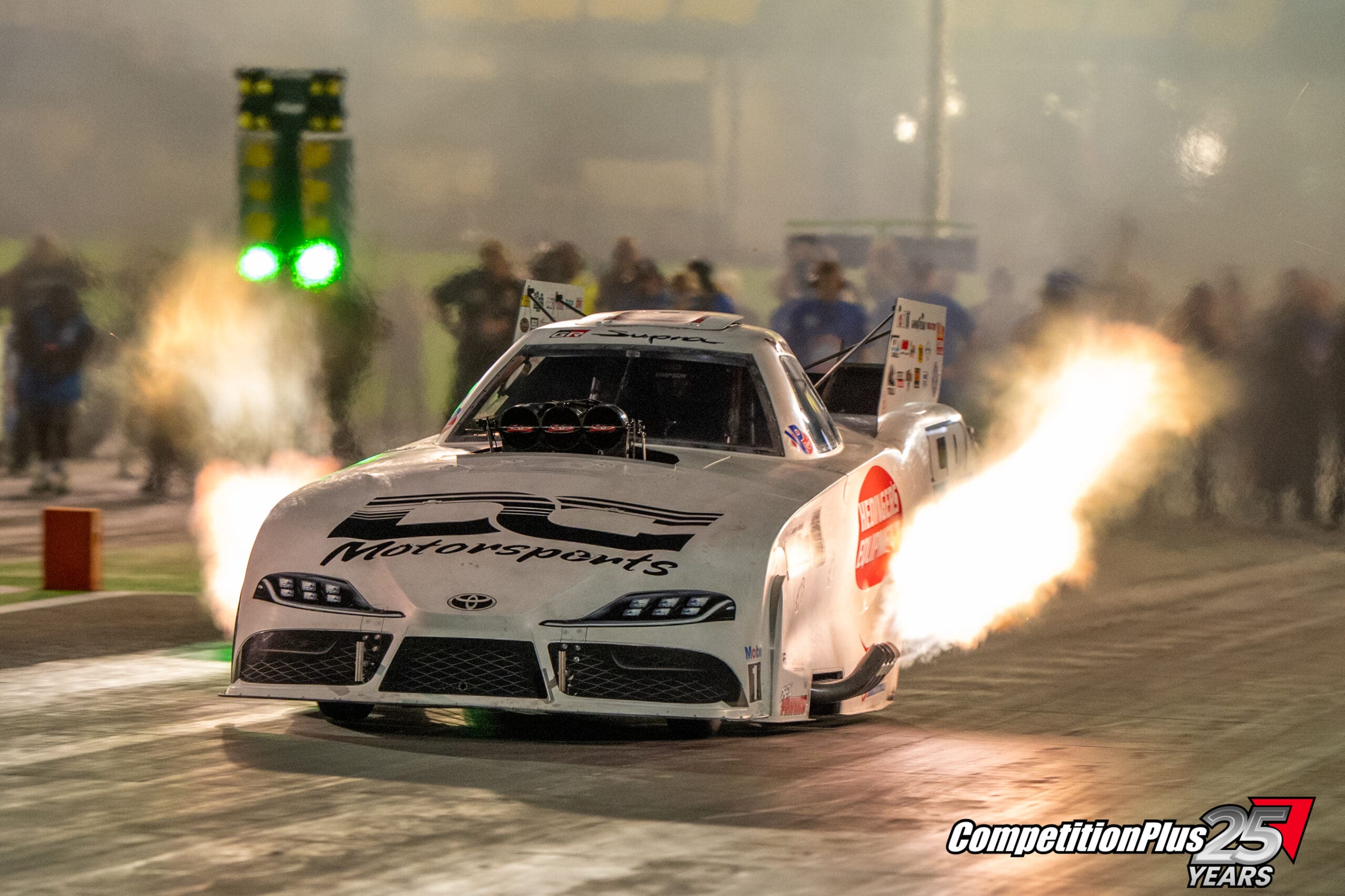
DESPITE FAMILY HERITAGE – SCHUMACHER SAYS FUNNY CARS WERE NEVER PART OF HIS PASSION